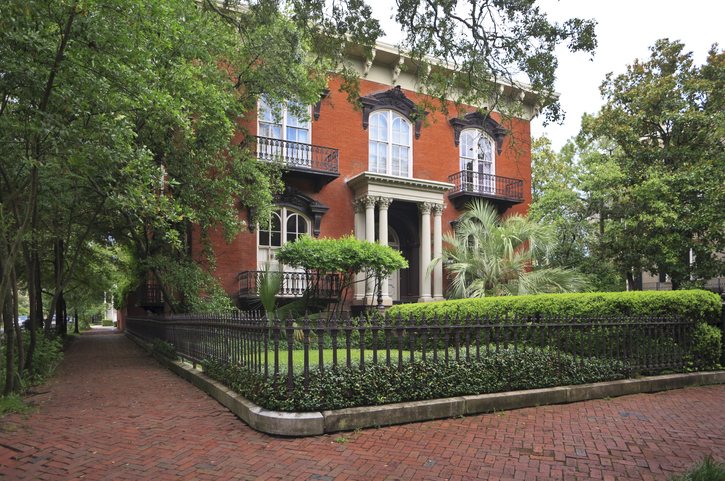While having a Target or a Wal-Mart nearby can be helpful while running errands for most homeowners, can proximity to one store or the other mean better home value?
For this report, RealtyTrac analyzed home values and property taxes for 17.7 million homes and condos in 1,946 zip codes with at least one Walmart and no Target stores, and 6.5 million homes and condos in 706 zip codes with at least one Target and no Wal-Mart stores.
Homeowners by a Target generally experience better home value appreciation since the purchase of their home, but, on the other hand, they typically also pay more and have higher property taxes on average than homeowners near a Wal-Mart.
Among the houses sold in 2015, those near a Target had an average of a 27 percent increase in home prices since they originally purchased their home. This equates to an average price gain of $65,569. Meanwhile, homes near a Wal-Mart only saw a 16 percent appreciation, which is an average price gain of $24,900 for homeowners. Excluding proximity to a Target or Wal-Mart, the average price gain for homes across the country is $40,626, or a price appreciation of 22 percent.
On average, homes close to a Target have a higher value, coming in at $307,286. This is nearly three-quarters more than the average home value of $178,249 near a Wal-Mart. Across the country, the average value of homes is $215,921.
However, the higher average home price comes at a cost. Homeowners near a Target paid 123 percent more in property taxes, compared to homeowners near a Wal-Mart. Houses near a Target averaged $7,001 in property taxes, compared to $3,146 in property taxes for homes near a Wal-Mart.
Topics
Member Discussion
Recent Articles
-
Realtors® Reveal: 7 Things to Know Before Buying a Historic Home
- April 9, 2025
- 4 min. read
Although historic homes come with unique challenges, they can also be rewarding. A few Pennsylvania Realtors® who own and sell historic homes weigh in on what potential buyers should know.
-
New Construction Homeowners Take on More Maintenance
- April 8, 2025
- 2 min. read
Homeowners of new construction homes spend more on maintenance, complete more seasonal maintenance and feel more prepared for natural disasters, according to a survey by Hippo.
-
Is Gen Z’s Debt Preventing Homeownership?
- April 7, 2025
- 2 min. read
Of all generations, Gen Z has the highest average personal debt of $94,102, according to research from Newsweek.
Daily Emails
You’ll be the first to know about real estate trends and various legal happenings. Stay up-to-date by subscribing to JustListed.



